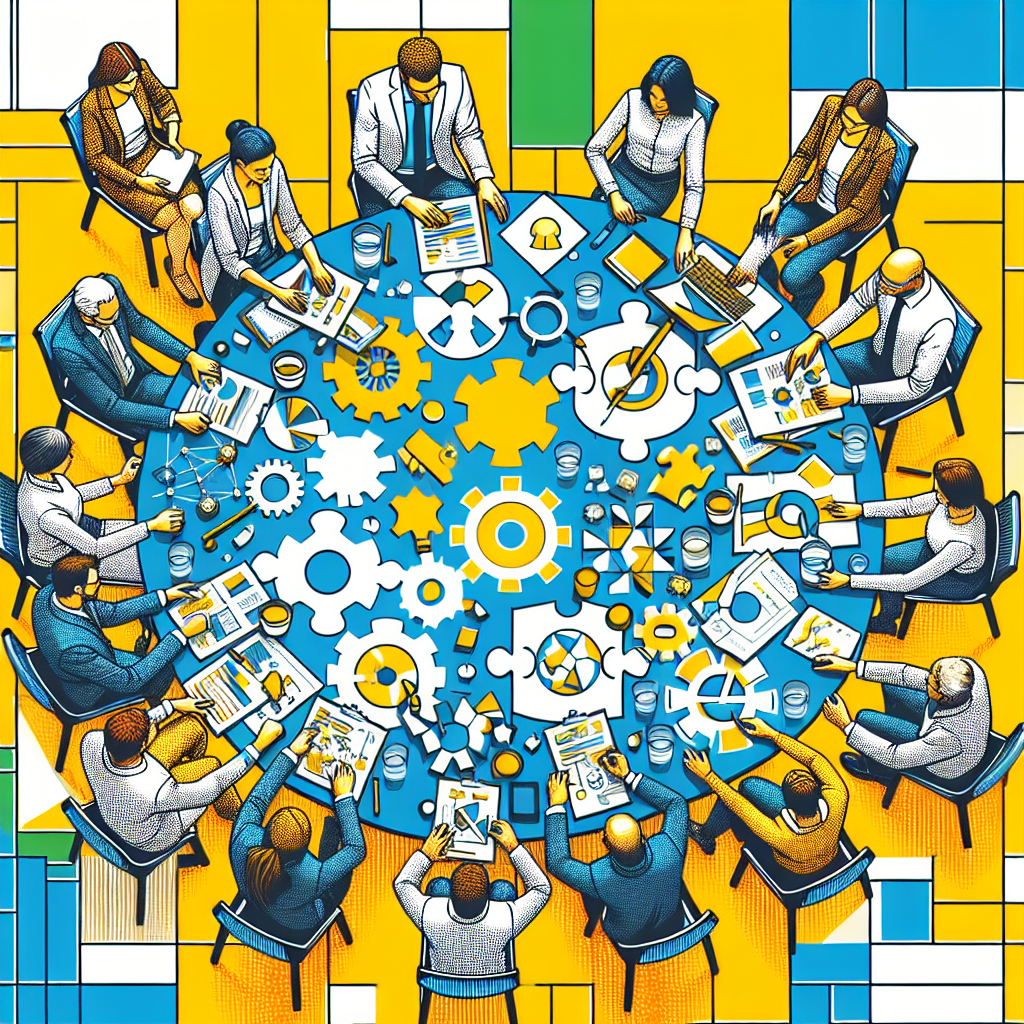
Debunking the Myths: Is Lean Management Easier in Japan?

Is Lean Truly Easier in Japan? Let’s Set the Record Straight
Have you ever found yourself sitting at a café, surrounded by colleagues discussing the wonders of Lean management, only to hear someone say that Japanese firms have it all figured out? Trust me when I say this: it’s not as simple as that. After visiting Japan multiple times, I’ve come to realise that while they’ve got some things right, there’s a lot more beneath the surface.
So, what’s the hype about? Is Lean really easier for Japanese companies, or are we letting stereotypes colour our understanding? Let’s peel back the layers and explore this together.
What Makes Lean Special in Japan?
First off, Japanese organisations have a deep commitment to Lean practices, much like we do here at City Skills. When you dive into their methodologies, you’ll spot core elements like precision and a focus on standardisation. These traits certainly help streamline processes. Yet, it’s easy to get swept away by the narrative that Lean implementation magically flourishes in Japan without a hitch.
The truth is, challenges abound. For instance, a common cultural trait is the hesitance to voice disagreement or question authority. This can create barriers to the open dialogue that Lean methodologies thrive on. After all, how can you improve if no one feels comfortable sharing their thoughts?
Leadership Matters More Than Geography
Let’s get to the crux of the matter: Lean is not about geography; it’s about leadership. Strong leaders who foster a culture of continuous improvement can make all the difference. In Japan, as in any country, Lean is driven by a mindset that prioritises progress and adaptability.
Take, for instance, the hospitals I’ve visited that employ Lean principles to vastly improve patient care. They don’t just rely on cultural norms. Instead, they challenge themselves to innovate continuously, even when it means questioning established systems. In contrast, companies that stick rigidly to tradition without embracing change miss out on the true potential of Lean.
The Importance of a Supportive Culture
An essential factor that we often overlook is building a culture where everyone feels safe to express their ideas. When team members are encouraged to share insights without fear of reprisal, the magic of Lean begins to unfold. It creates an environment where continuous improvement isn’t just a catchphrase; it becomes a way of life.
So, what can we learn from Japanese firms? They show us that organisation-wide participation is crucial. The idea that Lean is a top-down initiative is a misconception. This mindset is as vital in Tokyo as it is in London.
My Own Aha Moment in Japan
I’ll never forget a moment from my last trip to Japan. I was in a manufacturing plant where team members had incorporated Lean practices into their daily routines without blinking an eye. Yet, the most striking element was their willingness to embrace failure as a stepping stone to success. The openness in that room was palpable, and it reminded me of a lesson we could all take to heart: mistakes are not the end but rather the beginning of a better way forward.
This is not just about adopting Lean practices; it’s about transforming how we think about work and improvement. People often ask me how to embody these lean principles effectively. The answer lies in patience, persistence, and nurturing an atmosphere of trust.
Final Thoughts: Lean Is a Journey, Not a Destination
Before we wrap up, I’d love to extend an invitation. If you’re curious about Lean in action, why not join me for the Lean Healthcare Accelerator Experience in Japan? It’s an opportunity to witness firsthand how these principles are embodied in a truly unique context.
So, what are your thoughts on the relationship between culture and Lean practices? Let’s discuss! After all, every conversation is a chance to learn.
Remember, Lean is not just a methodology; it’s a mindset. Keep questioning, keep improving, and together we can push the boundaries of what’s possible!
#Lean #CitySkills #ContinuousImprovement




